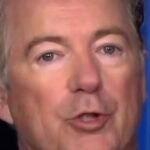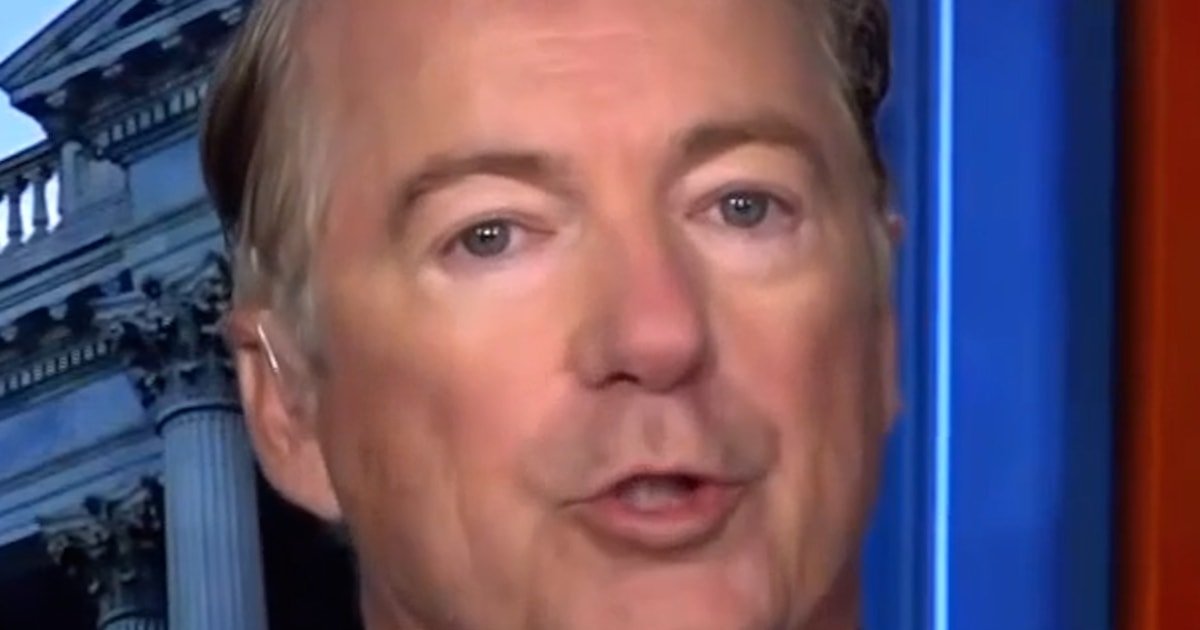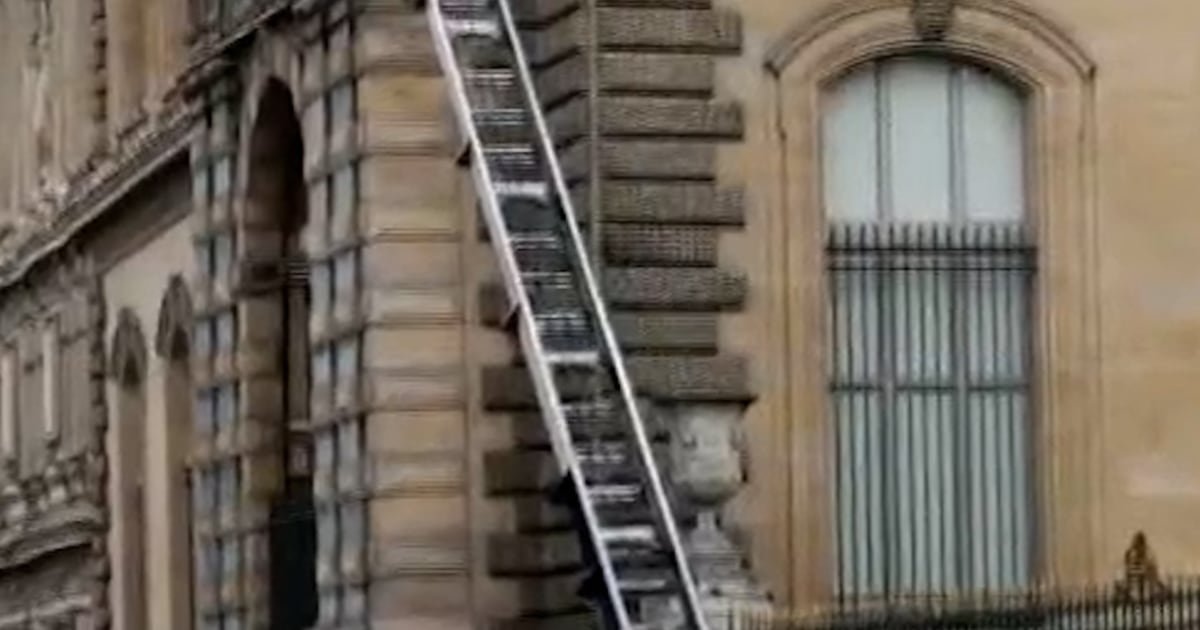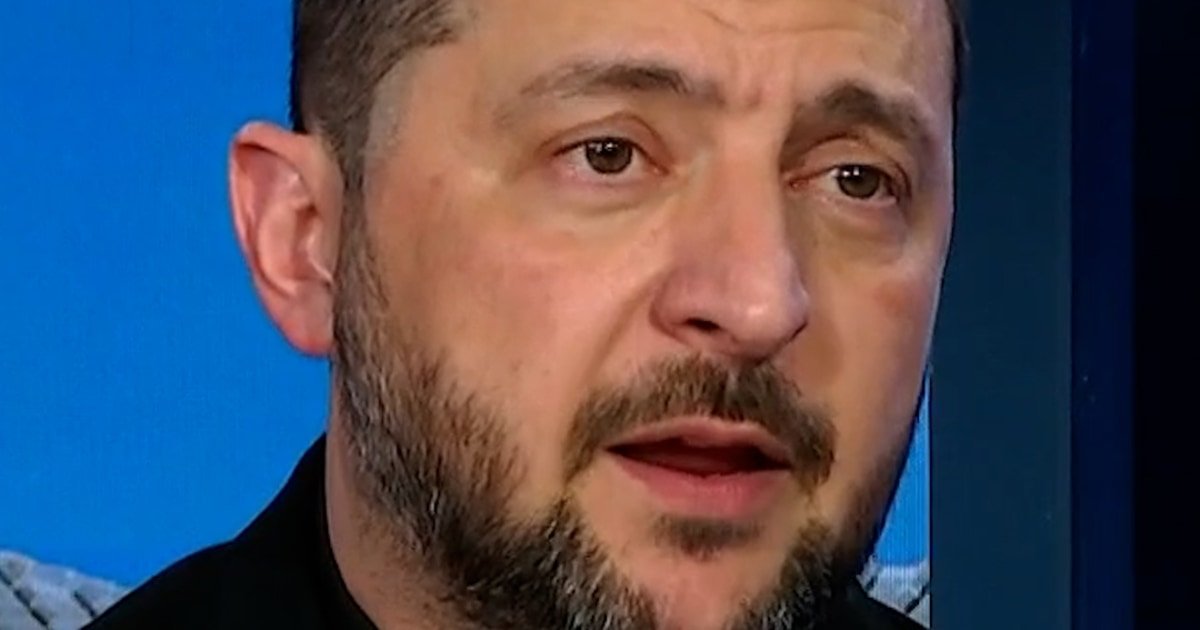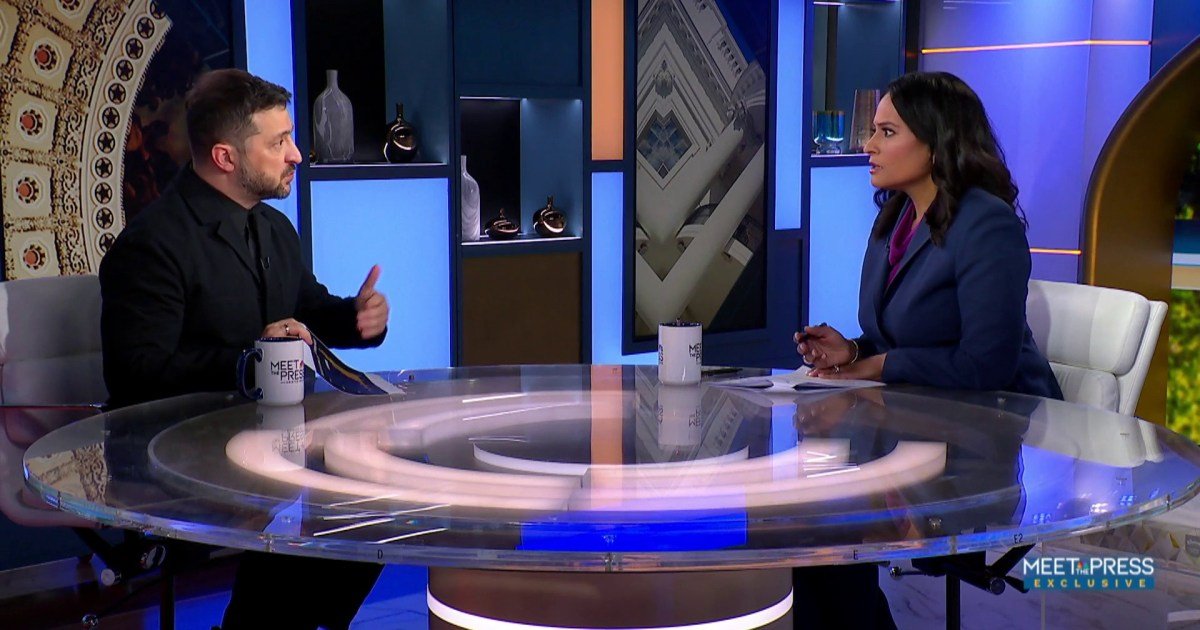HONG KONG – China will send Vice President Han Zheng to President-elect Donald Trump’s inauguration in Washington, Chinese state media reported Friday, marking the first time a senior Chinese leader will attend the inauguration of a new U.S. president. .
“We are willing to strengthen dialogue and communication with the new US government, properly manage differences, expand mutually beneficial cooperation, jointly promote the stable, healthy and sustainable development of China-US relations, and find a way so that China and the United States can get things right,” China’s Foreign Ministry said in a statement announcing the trip by Han, who sometimes replaces President Xi Jinping in ceremonial functions.
Liu Pengyu, a spokesman for the Chinese embassy in Washington, confirmed that Han plans to attend as “special representative of President Xi Jinping” and said the invitation was extended by “the American side.”
Liu’s statement largely echoed comments from China’s Foreign Ministry, saying the country hopes to achieve “win-win cooperation by envisioning and growing its relationship with the United States.”
A representative for the Trump campaign did not immediately respond to a request for comment.
Trump’s transition team said last month that it had invited Xi to the event in a highly unusual move that experts said was primarily a symbolic gesture. Foreign heads of state do not typically attend U.S. presidential inaugurations, instead sending diplomats or other high-level officials.
The United States’ relations with China, its main geopolitical rival, have been turbulent in recent years as the two countries clashed over a range of issues, including technology, trade, human rights and the status of Taiwan. But in the view of President Joe Biden’s outgoing U.S. envoy to China, those relations have stabilized during his administration after reaching their lowest point in decades.
Trump has long boasted about his relationship with Xi, calling him “brilliant” and praising him as a strong leader. China has become more authoritarian since Xi came to power more than a decade ago, and is serving an unusual third consecutive term.
“I think we’ll probably get along very well, I predict. But you know, it has to be a two-way street,” Trump told conservative talk show host Hugh Hewitt this month, accusing China of “ripping off” the United States economically.
Trump told Hewitt that he and Xi had a “great relationship” until the last year of his first term, when he criticized Beijing for its handling of the Covid-19 pandemic outbreak.
Trump also said he and Xi had been speaking through proxies. China’s Foreign Ministry did not confirm any exchanges through Trump and Xi’s aides, but said China and the United States had been in contact in various ways.
Trump has named several China hardliners among his Cabinet picks, including Sen. Marco Rubio, R-Fla., his nominee for secretary of state, who is under sanctions from the Chinese government for his criticism of China’s crackdown. dissidence in the country. Hong Kong territory.
During Trump’s first term, Beijing and Washington imposed a series of retaliatory tariffs on each other in a “trade war” that may worsen under his new administration, economic experts have said.
During the presidential campaign, Trump promised to impose tariffs of 60% or more on all imports of Chinese goods, and after his election he said he would impose an additional 10% tariff on China unless it stopped the international flow of chemical precursors to the deadly opioid. fentanyl.
Trump has also expressed his opposition to an impending ban on TikTok after previously supporting a law requiring its Chinese parent company to divest its US operations on national security grounds. TikTok CEO Shou Zi Chew is among the tech leaders expected to attend the inauguration on Monday, a day after the ban goes into effect.
